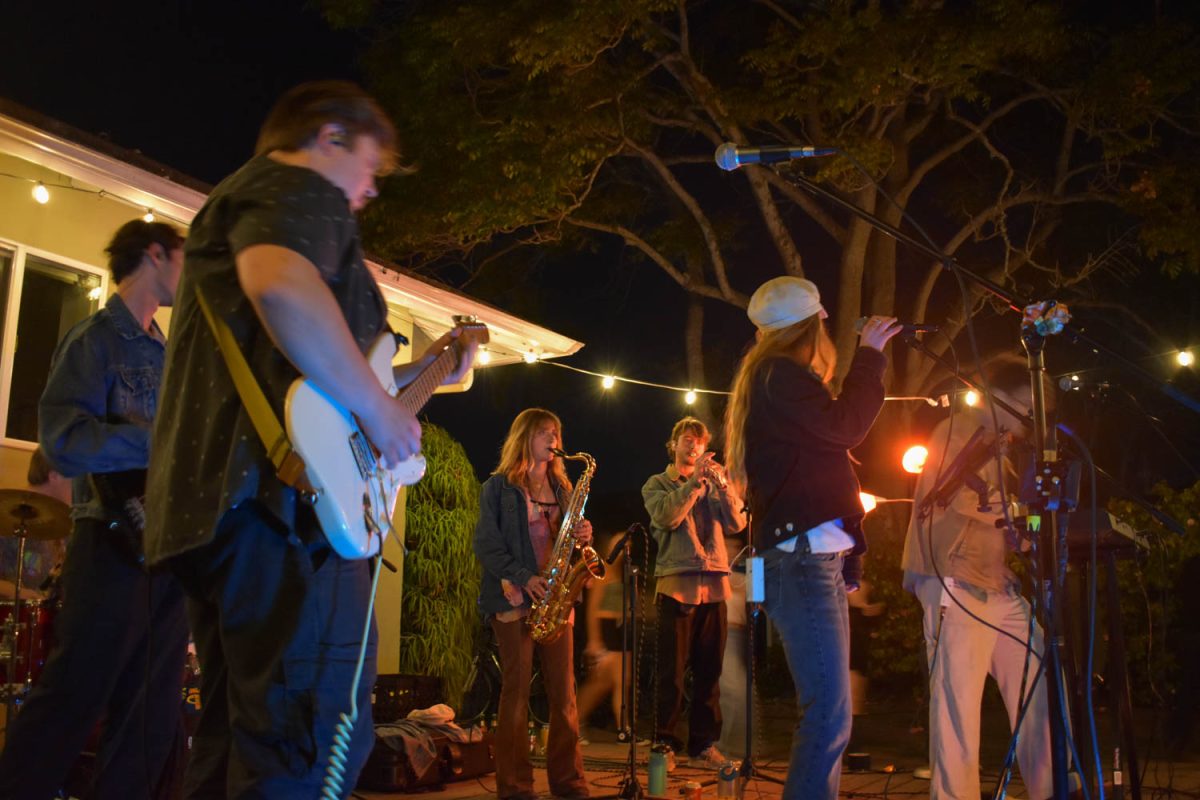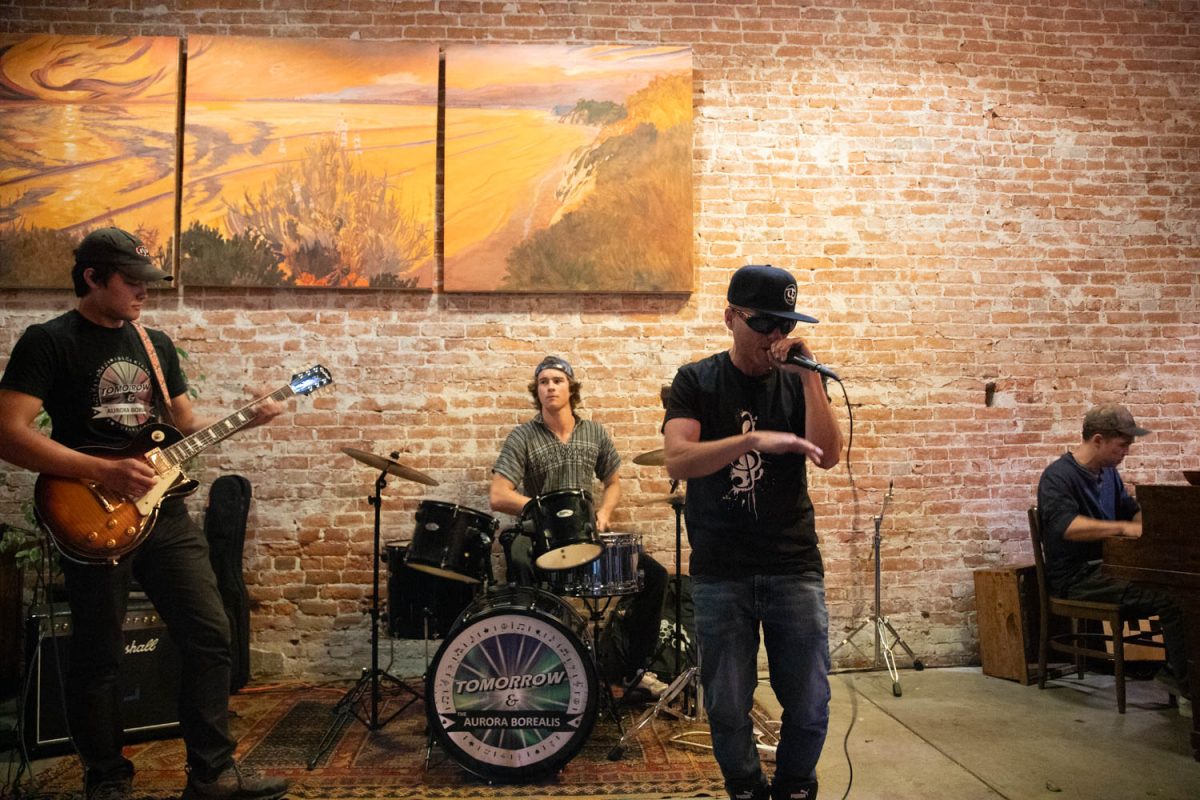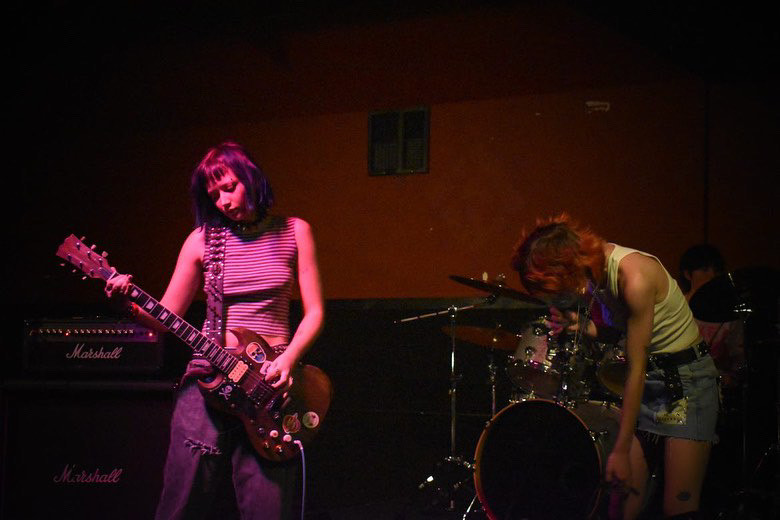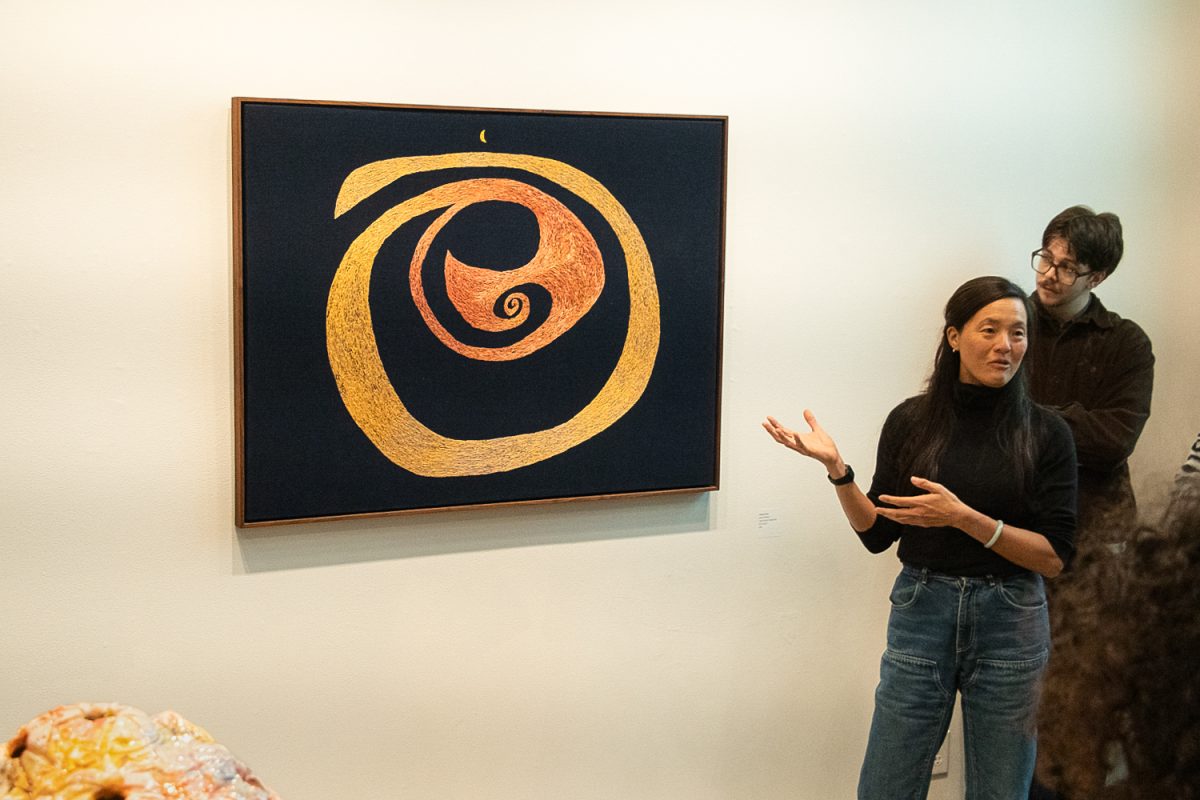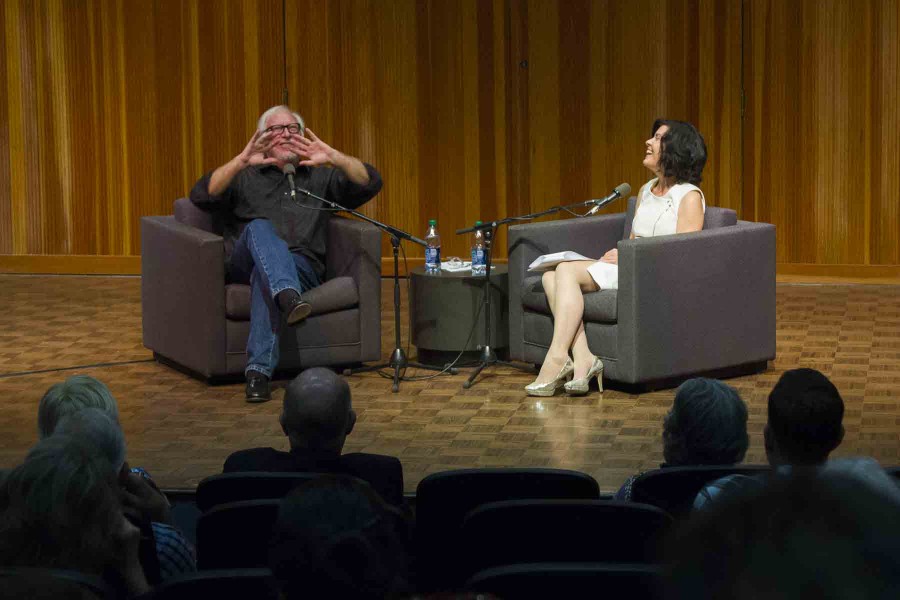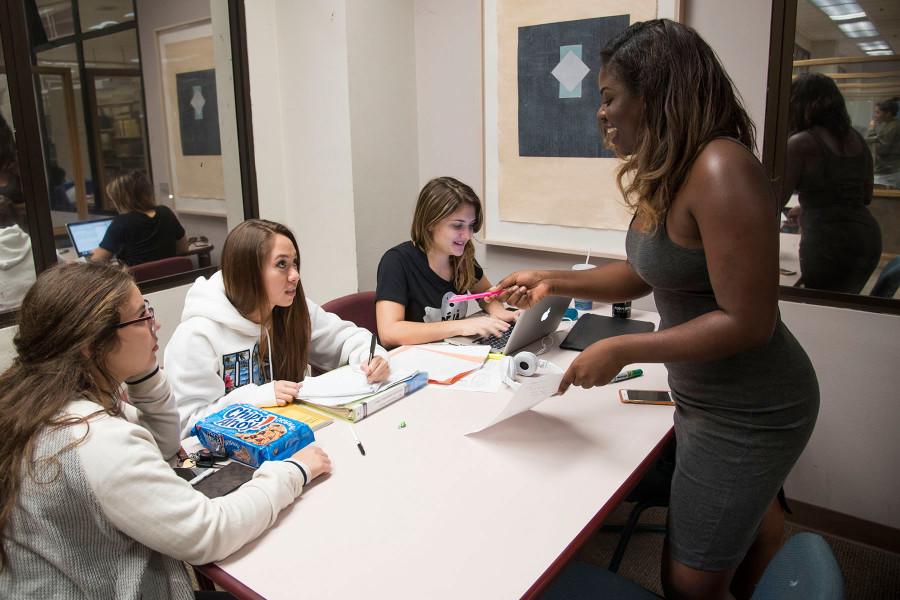In the worlds of technology, art and architecture, a social entrepreneur shares her ideas about community, social networking, and sharing resources.
Stephanie Smith visited City College’s art department March 3 to discuss her new company WeCommune, a social networking platform.
Before her lecture started, art professor Stephanie Dotson introduced Smith’s list of accomplishments. This includes a Harvard degree, spots on The National Public Radio’s “All Things Considered,” the New York Times and Dwell Magazine.
Smith has created and co-founded a wide variety of technological and socially directed companies.
Her most recent effort, WeCommune, aims to transform the world of social networking.
“I’m a social entrepreneur, which means that I am constantly on the lookout for issues that are of social value, not economic value,” Smith said.
Smith grew up in Portland, Ore., a place she said still influences her views about community.
She studied at Harvard University under Rem Koolhaas, a world-renowned architect and one of Time Magazine’s most influential people in 2008.
Before WeCommune, she started Ecoshack, a database for designers to discuss ideas. She spent seven years providing design advice to companies such as Reebok, Motorola, and Coca-Cola.
Using a Powerpoint presentation, she began her lecture by speaking about the history of community and how its classification as a noun is a misrepresentation of the word’s true significance.
If “community” was used as a verb, the word would have better implications and people could grasp its meaning more fundamentally, Smith said.
People would “commune” in places that are important to them with people they enjoy spending time with and these communities or places for social networking would arise more fluidly.
To properly explain the word’s meaning, she used the Wikipedia definition. It states that communing is “sharing common interests, property, possessions, reources, work and income.”
“Finding a way to define community is something I’ve really worked on and something that’s always influenced me,” Smith said. “No one has successfully done it yet.”
These communities connect people in a way that allows them to work together and create meaningful relationships.
Smith said they possess the heart, core and density that suburban societies seriously lacked when they emerged in the 1950s. It deteriorated because of a prolonged failure to simply share.
“The central problem with suburbia was individuality,” Smith said. “Neighbors essentially kept to themselves all the time, and there was never a sense of communal sharing.”
Smith said this concept of unselfishness in a community is a chief reason for her newfound adoration for FarmVille, a Facebook game that allows users to grow and share crops with each other.
Sharing resources is a fundamental idea ingrained into her newest creation, WeCommune, which she hopes will become a “third economy.”
“Our first economy is cash, and we haven’t got much of that around,” Smith said. “And our second economy, credit, is all screwed up. This is all we have, and that’s why I wanted to create this third economy.”
WeCommune differs from the average social networking tool because it offers users the chance to barter and share goods through the software. This requires a fee of $2 a month.
Although it debuted in 2009 and failed to launch on its first attempt. Smith said it’s now going through beta-testing to fix the kinks.
“This is the future,” Smith said. “These are timely ideas that will take shape whether or not I’m involved, but the time to act is now.”




